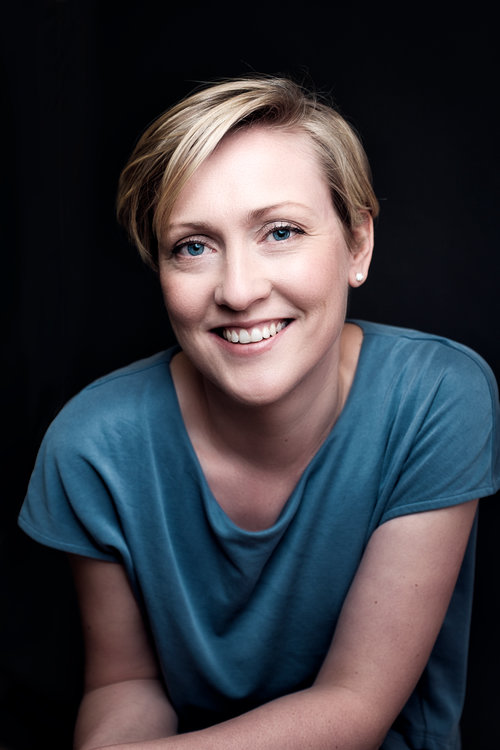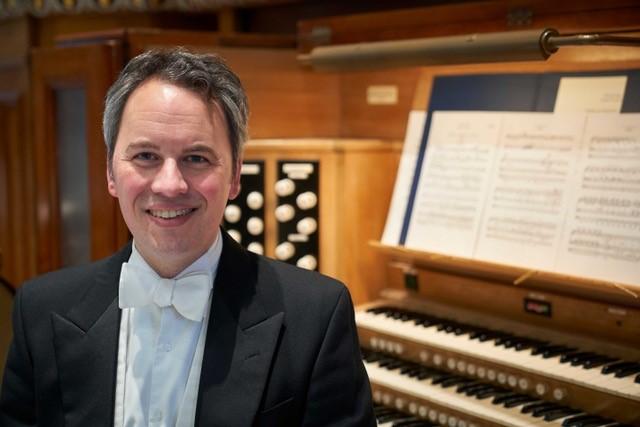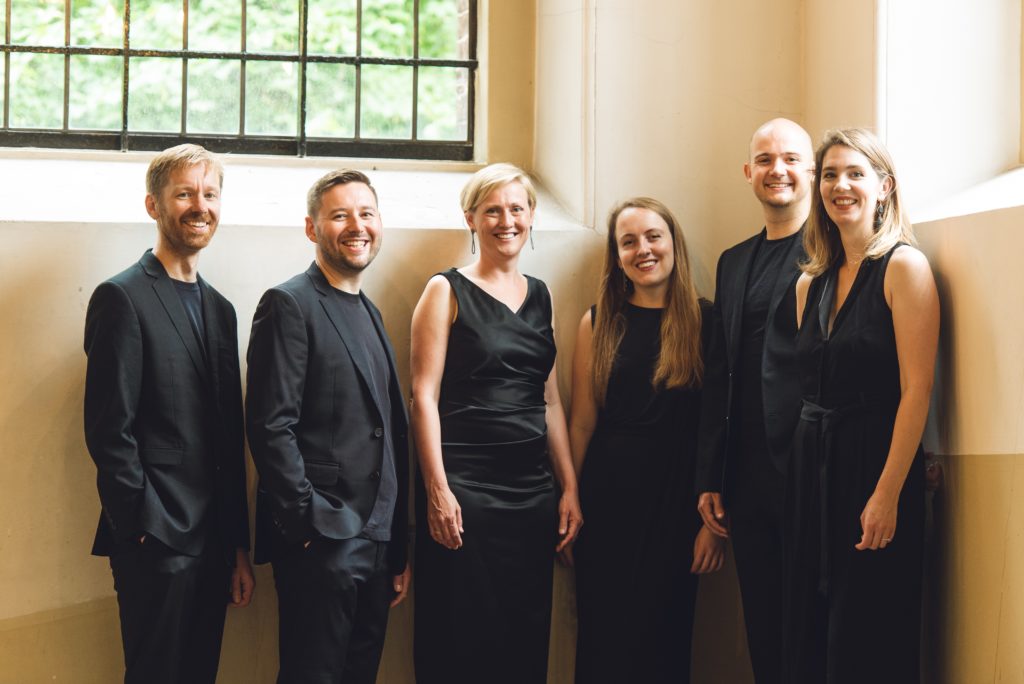
AS tradition decrees, the concert was introduced by the Dean of York Minster, the Very Reverend Dominic Barrington.
I only mention this because, in the midst of all the usual ‘great music, please switch off mobile phones and the loos are over there’, was a joke. In case of the fire alarm going off, it will not be a practice and therefore can I ask you to remain in your seats. Well, it made me chuckle.
The opening Representation of Chaos of Haydn’s oratorio is utterly unexpected in that it is so radical. The York Musical Society Orchestra superbly caught the haunting evocation of chaos, putting down a marker of excellence that they displayed throughout.
Baritone Thomas Humphreys sang the weighty opening narrative with a lovely clean tone (good lower register) and apposite nobility. The spine-tingling blast of C major enlightenment gets me every time, and here was no exception.
Nathan Vale has a lovely lyrical tenor voice, although I did lose some of the lowest register, but his aria Now Vanish Before The Holy Beams, complemented with assured string support, was right on the money.
The choir delivered an infectious A New Created World chorus, embracing the music’s almost child-like innocence. The balance wasn’t quite right for The Marvellous Work Beholds, the orchestra obscuring much of soprano Alexandra Kidgell’s singing.
This was quickly remedied in the later With Verdure Clad The Fields Appear where this fine soprano was allowed to deliver the aria with both clarity and infectious charm.

As ever, in an impressive performance of a truly great work, there are fresh moments of insight. For example, the gorgeous window illuminated during Nathan Vale’s singing of With Softer Beams And Milder Light. It came across as so gentle, so unexpected.
Then there was the ghost of Mozart I hadn’t noticed before: With Flying Mane And Fiery Look (The Magic Flute) and On Thee Each Living Soul Awaits (The Marriage Of Figaro). Maybe it’s just a senior moment.
The closing The Heavens Are Telling (Part One) chorus was splendid. The string playing at the opening of the aria On Mighty Pens Uplifted Soars was delivered with crisp, clean articulation. There were also lovely flute (Della Blood) and clarinet (Andrew Cavell) solo contributions.
Haydn clearly relished the musical tone-painting opportunities; for example the musical depiction of the merry larks and cooing doves. In The Scream (Cave Birds), Ted Hughes said that the worms in the ground were doing a good job. Well, not here they’re not, and as for the outrageous raspberry tart signing off the heavy beasts, the contrabassoon pitch seemed to emanate from the very bowels of Hell itself.
Back in the heavenly spheres, the love duet By Thee With Bliss, sung by Thomas Humphreys and Alexandra Kidgell, was simply divine and the soaring oboe (Jane Wright) angelic.
The closing The Lord Is Great, with its monumental double fugue, brought the best out of a very good choir. There was fine work throughout the orchestra, the violins in particular, along with Shaun Turnbull (organ continuo), while Oliver Bryant (contrabassoon) should get a pay rise for that one low note alone.
Finally, conductor David Pipe had mercifully decided against the irritating musical windmill-on-speed approach, choosing instead to direct the performance with an assured, understated authority.
Review by Steve Crowther

